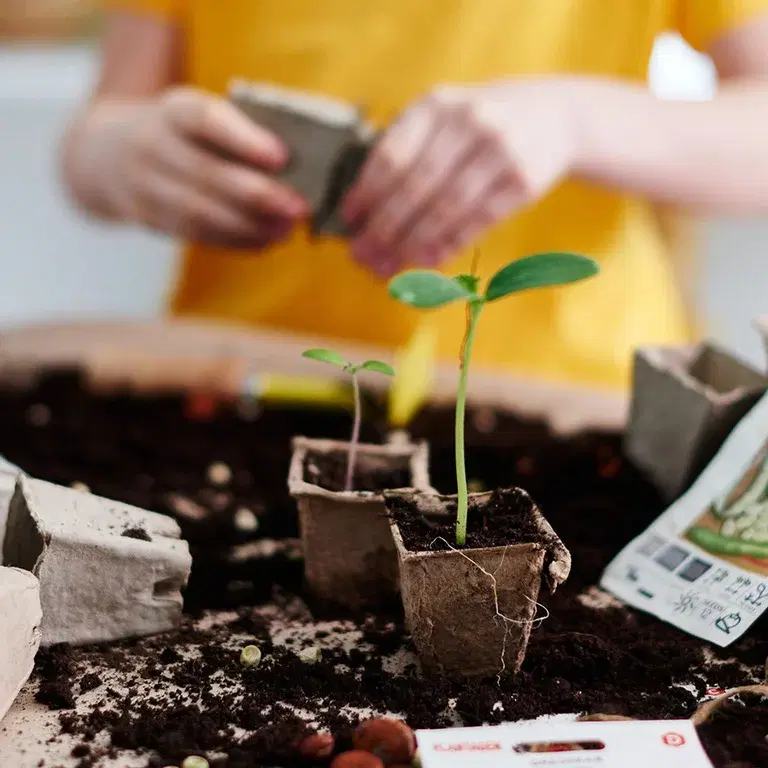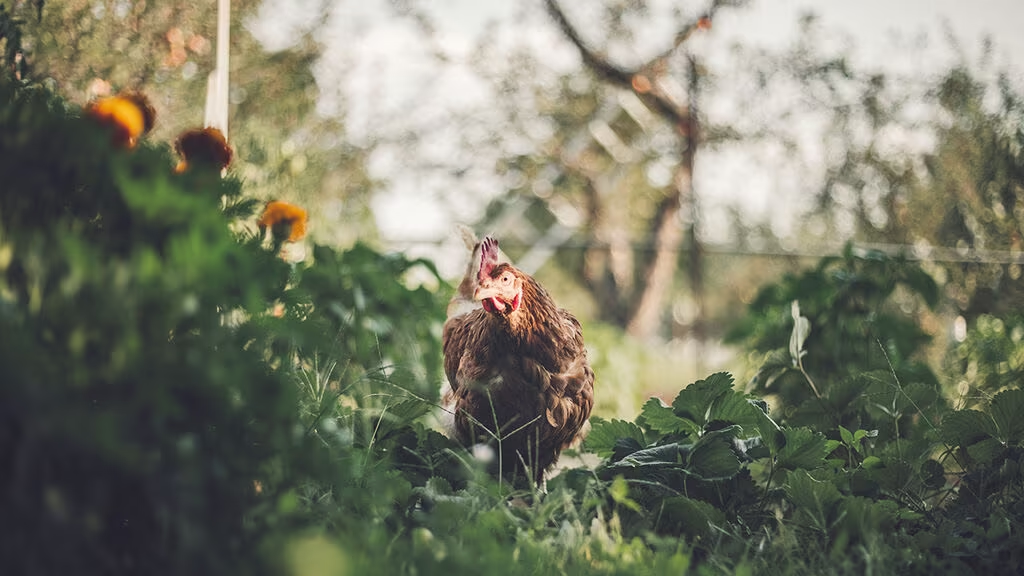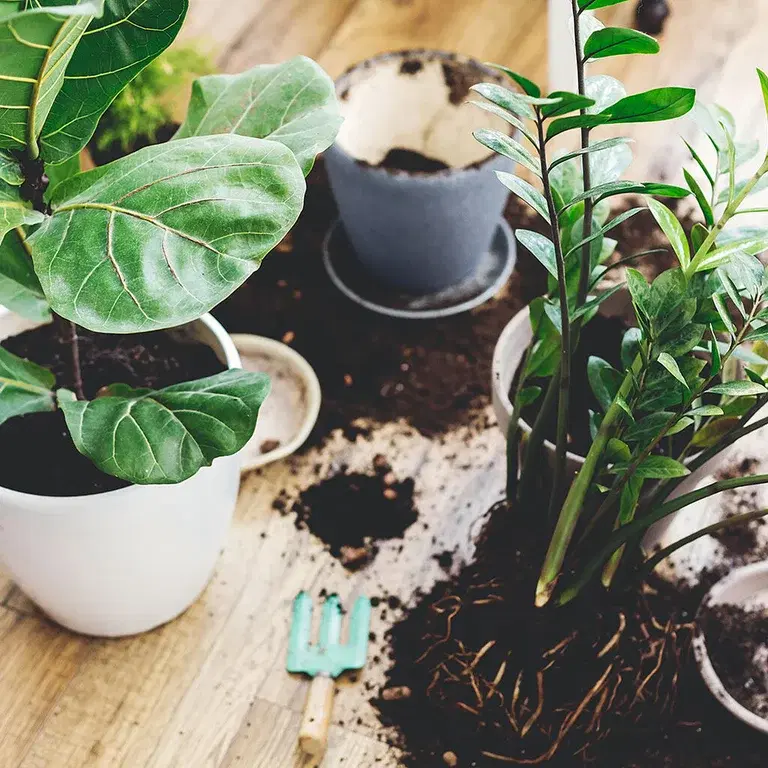Earthworms - the helpful gardeners
Soil and fertilizer
That earthworms are important for the soil is well known to everyone, but exactly what they do may be a little more unknown. Here we delve deep into the world of the winding fields.



Written by Liselotte Roll
Swedish garden inspirer, journalist and author of books about nature, cultivation and animals, such as "Soil", "Grow for insects" and "Chickens as a hobby".
Topics:
Soil and fertilizer






